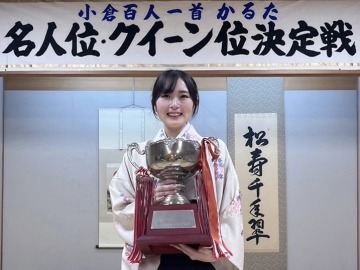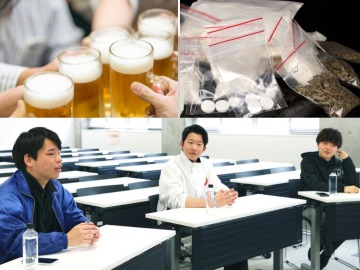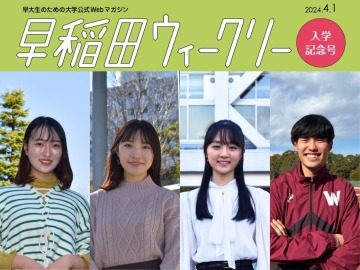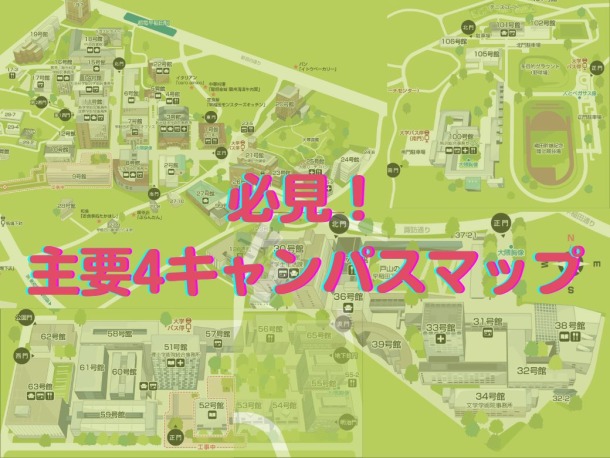日本語訳に続き、英語原文が掲載されています。
(Following the Japanese translation, the original English text is posted.)
数週間前、8歳の息子と『劇場版「鬼滅の刃」無限列車編』を見に行ったのだが、母国米国に住む知人から大層うらやましがられた。だが、壮大な物語の内容や、勤勉で独創的な主人公たちのことは、私の方が詳しく知っているだろうから、知人は映画そのものを気にしていない気がしている。米国では、公共機関によるひどいコロナ対策方針や、猛烈な選挙戦争いによって、長きにわたる新型コロナウイルス感染症のパンデミックが、より悪化した。そのため、米国の多くの友人は、映画を見に行くといった普段の生活を送りたいと切に感じる一方で、映画館での高い感染リスクを懸念したのだろう。私は友人たちに、息子と映画を見たのはとても楽しく、そういう機会を得られたことはありがたかったと伝えた。しかし同時に、劇中の激しい暴力性や、物語の深い悲しみが少し気になり、驚いたとも伝えた――息子を含め、映画を見たほとんどの人は大変感動し、心動かされ、また楽しかったようだが。
ある研究によると、人々は物語の世界の中で議論を交わしたり、考えたりすることがあり、また現実世界を理解・解釈する方法を導くのにも、物語が力を発揮するとのこと。そして、物語がそんな力を得ているのは、映画監督(または小説家)が、観客や読み手が抱く期待をよく理解していることが要因の一つであり、観客や読み手が満足するような物語を紡ぎ出すことが作者には期待されている。
さて、このパンデミックの渦中で、早稲田の学生も含め、人々に突き付けられている課題は、私たちが今置かれている「物語」を理解できず、またどうすれば終わりを迎えられるのかを予想できないということだ。「ワクチン開発でウイルスに勝利できる?」「私たちの生活はゆっくりと元に戻っていくの?」政治界のリーダーたちは、パンデミックをうまく制御できていると主張しているが、リーダーたちでさえこの「物語」の確かなあらすじは分かっていないし、私たちは何に向かっているのか、向かった先に着いたかどうかを把握するのかも、ほとんど明らかになっていない。
もちろん、これは研究者にとっての問題である――いま進行中の研究が完了し、願わくは公開されたのちに、ようやく解決するであろう、経済面や文化面、学術面の課題なのだから。母国を襲ったパンデミックの激しい暴力性と、それに伴う深い悲しみは、日本に住む私のような米国人にとって、少し気になり、驚いたことである。ただ同時に、早稲田の勤勉で独創的な学生を含め、優秀な人々が、いまだ解決されていない「物語」に対し、おのおのの楽観性をもって解決してくれると期待している。
英語原文
People in the USA told me they were jealous I got to see “鬼滅の刃 無限列車” with my 8-year-old son a few weeks back. I don’t think they cared about the film itself, as most understand the preposterous story or its industrious, inventive heroes even less than I do. But after many months of a COVID-19 pandemic that has been worsened by poor public health decisions and bitter political fights, many just wanted to feel normal by going to a cinema, something that seems extremely risky given the high rates of infection there. I told them, truthfully, that I enjoyed going with my son and was grateful for the opportunity, but was startled and a bit unnerved by the film’s lurid violence and the plot’s sentimental sadness, which seemed to leave most of the filmgoers, my son included, deeply moved, inspired and optimistic.
Research has shown that humans communicate and even think in stories, and that narrative shapes the way we understand and interpret the world around us. And it is partly because of a filmmakers’ (or novelists’) canny understanding of audience expectations and hopes that they can create a satisfying experience for an audience. One challenge for everyone, including Waseda students, during the COVID-19 pandemic has been an inability to understand the story we’re in, and how it is supposed to end. “With a vaccine-led triumph?” “With a slow shift back to normal?” We hear the uncertainty about the plot even among political leaders, who insist that we will handle the pandemic successfully, but with little clarity on what precisely we are heading toward, or indeed how we will know when we arrive.
This is, of course, a challenge for researchers, as we do not even understand the economic, cultural, or academic environment into which our current work will arrive when completed and, we hope, published. For an American like myself living in Japan, I’ve been startled and a bit unnerved by the lurid violence of the pandemic sweeping my home country, as well as by my own sentimental sadness about it. And I suspect that some of the most important discoveries about society during the pandemic will involve questions about how people like Waseda’s industrious, inventive students can complete this as-yet-unfinished story with the inspired optimism that they deserve.
(D)
第1087回








